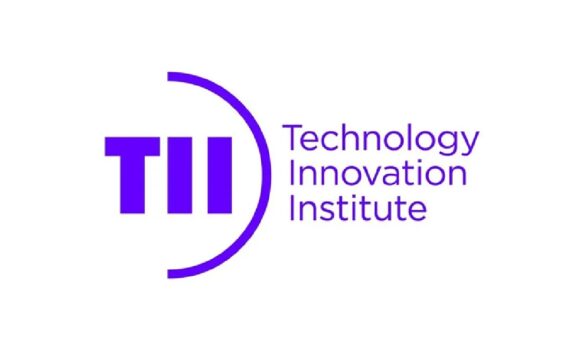Whether you’re in the tech industry or not, we’ve all been exposed to the myths that surround women in science, technology, engineering and mathematics (STEM). These careers have long been perceived to belong to geeks and were thought to be not appealing for girls. Girls are generally drawn to the arts or follow careers where they feel like they are making more of an impact.
As the tech industry booms, it’s becoming increasingly important for half of the world’s brainpower (women) to help fill the growing number of roles on offer or be the world’s next inventor and make what’s next. However, while the gender gap in tech is shrinking, it is still striking in STEM fields, and according to the World Economic Forum, only 16 percent of female students graduate from STEM subjects.
This is because there are still a number of factors preventing many young women from entering this exciting industry. Here are four myths about the way we see women in tech, that have created the barriers that have kept women out of STEM for so long:
All girls in STEM are nerds or maths whizzes
Ten or so years ago, you could be forgiven for thinking that STEM subjects were only for the top maths students. Computer science was reserved for geniuses with no friends, right? But the last decade has dished up a number of new opportunities within the tech industry, which have meant technology now intersects with just about any industry.
Coding is more mainstream and can help people follow their passion. For example, someone with a love for cooking, who considers herself to be a creative and an avid foodie, can now use tech skills to develop an interactive app to showcase her abilities to fellow food lovers. The ability to use code to create ‘cool’ solutions, means that modern day ‘geeks’ are in fact creating everything that others consider cool.
You can’t make a difference with tech
Young girls in school and in university, about to enter the workforce, come from Gen Z (born between 1996 and 2010). This generation has grown up with a constant supply of information, so they’re far more aware of societal and global issues. The result is a generation of socially motivated and future-focused realists who want to make an impact.
According to a study on Generation Z, by Sparks & Honey, 76% are concerned about humanity’s impact on the planet, while 60% want their jobs to impact the world (vs. 39% of Millennials). But when asked how they can make a difference, they believe the only way is through raising awareness, money or support.
It’s one thing to raise awareness and drive support, but scientists, inventors and coders are the ones inventing the solutions that are addressing real world problems across healthcare, education and agriculture. Women in in STEM are empowered to solve the problems they care about most, ranging from finding solutions to climate change to curing cancer.
You’re born with an interest in STEM
There’s a common misconception that people are born with an affinity for science and technology. Women generally follow creative career paths like marketing, design or advertising because that’s what they’re inherently interested in. But all of these industries are increasingly driven by technology. A STEM degree can give girls who have a passion for the creative world the edge when it comes to securing a job that requires some technical knowledge.
There are jobs, like app developers or social media managers, which didn’t exist ten years ago, but exist today thanks to digital transformation. We don’t know what jobs will exist ten years from now, but chances are your dream job will be driven by technology, and a STEM qualification could help you land it.
It’s a male-dominated industry
Many young women are hesitant to pursue a career in STEM because they perceive technology industry to be male-dominated. Just as women are incorrectly considered to be more creative, men often become engineers and scientists because they are incorrectly considered to be more technically minded.
But women in the Middle East are proving this stereotype wrong. A preliminary survey of seven universities in countries including Palestine, the UAE and Saudi Arabia, found between 30% and 70% of those who enrolled in computer science programs were women. There are also reportedly more female tech entrepreneurs in the Middle East than anywhere else in the world.
In Africa as well, the gender gap in the tech industry is closing. For example, Ghana’s All Nations University College has 70% women enrolled in their department of biomedical engineering.
It’s clear that the long-standing stereotypes around women in tech are becoming less valid. The jobs of the future will all be driven by technology. We need to encourage young women to enter careers in science and technology, in order to continue closing the gender gap and become our future leaders.
To celebrate women’s day and to help shift perceptions about STEM jobs, Microsoft and LinkedIn have launched a new experiential tool to demonstrate how girls can pursue their passions across industries and social causes. The Career Explorer is a tool to show girls and women different ways that STEM is in demand and inspire them to pursue their passions, talents and skills in these areas.





